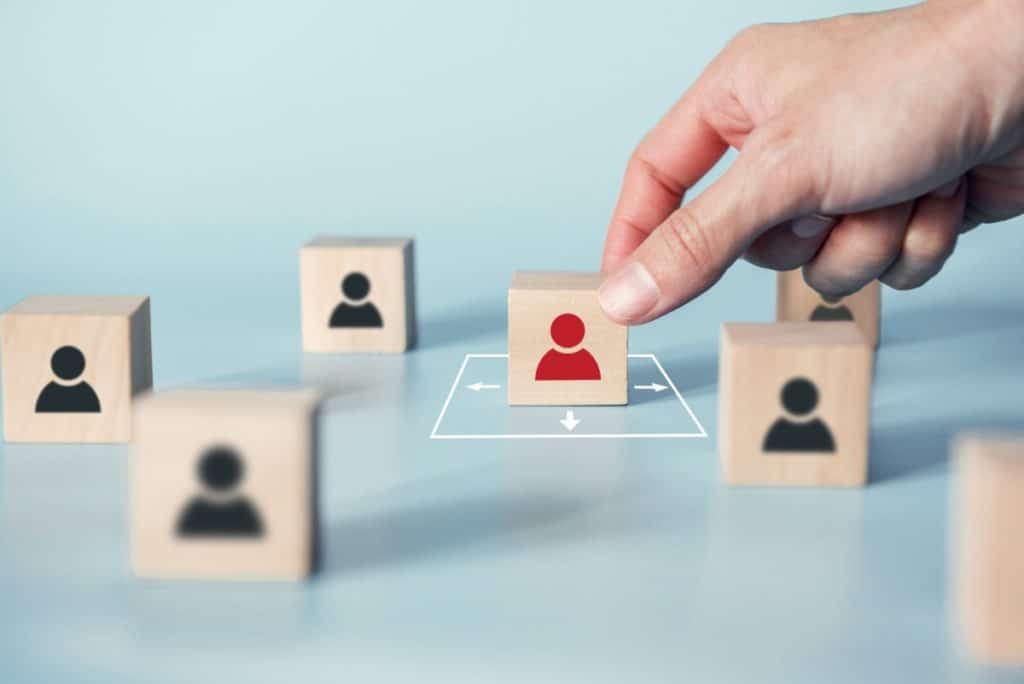The COVID-19 pandemic has increased the anxiety and fear of people around the globe. We fear for our health and the well-being of the most vulnerable members of our society. Canadians have lost their jobs, and businesses have closed. And as millions have applied for employment insurance and emergency benefits, the pressure to return to “normal” is intense.
These times require serious attention to self-care, mindfulness and wellness to ensure you remain healthy and ready to serve in this time of need.
Here are a few simple reminders:
Stabilize yourself with good health behaviors.
Make time for healthy habits like 30 minutes of daily activity, eating clean and getting a good nights rest. Self-care will help your immune system fight illness and you’ll be of better service to others.
Practice soft compassion with yourself and others.
We’re all trying to do our best during this time of crisis. It good to remind yourself that everyone is dealing with the unknown. We’ve never been through anything like this in our lifetime. Stay calm and avoid reacting to the emotional instability of others.
Stay socially connected.
Social connection is different than “social distancing” and it’s more important than ever. Reach out to friends, family and loved ones through phone, social media and text. I’m also available if you have any questions or just want to have a conversation.
Find gratitude and positivity in your day.
Everyday, find something positive in the world that demonstrates positivity and resilience during tough times. Also, take a moment to reflect on something that you’re personally grateful for.
As mental health professionals, we’re needed now more than ever. And as we may also feel the pressure to get back to “normal”, we must adhere to the rules and regulations put in place by our government. Each province will be managing things differently, but please follow the protocol.
Embrace Remote Counseling Practices
With free videoconferencing (Skype, Zoom, Facetime) widely available, the idea of remote counseling has grown in appeal. Yet many practitioners mainly or exclusively do sessions in-person, believing it brings major advantages.
While in-person sessions build the bond between counselor and client, a skilled practitioner can build deep rapport by phone and especially on video.
- During a video session with a client, you can reinforce the use of eye movements.
- Take time to go over your scripts with clients to help them with eye movements to manage anxiety.
- Support your clients with phone check-ins
Online Trauma Therapy Can Now Be Provided
Laney has given some guidance on ART over telehealth and has even created some resources demonstrating how to support clients in remote sessions. In a recent video, she demonstrates the use of a helper, someone who is in the room with the client. This person is ideally from that household. Laney recommends that there is someone there assisting.
For more information about combining telehealth and ART, please visit https://acceleratedresolutiontherapy.com/
